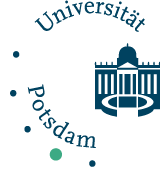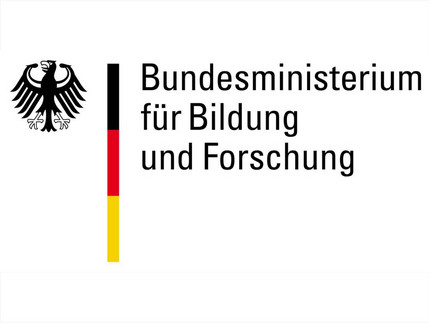Background:
Modern bioeconomy is a bio-based economy that brings transformation to society. However, transforming our society to an era without oil and fossil fuels represents more than a simple change in the source of coal. Every community and county is affected. This is because the way of life of every citizen, the management of companies, the regional supply structures as well as agriculture and nature conservation will be directly affected. This often results in a conflict of interests, with nature and the environment competing with food and agriculture for resources such as land and water. Nature conservation and biodiversity are interests related to the common good, which must be brought into discourse with future stakeholders in a participatory manner. Respectively, each region and each company should be able to identify and find its future role and requirements in the bioeconomic transformation process. This is where DiReBio comes in.
Main research question:
The DiReBio research project analyzes bioeconomic future scenarios in regional workshops using group decision theories. The discourse on bioeconomic transformation is developed on the basis of different scenarios under the premises of an active, inactive, reactive or passive behavior of regional actors. Adapted methods from systems and transformability analysis as well as haptic methods of idea development are to lead in this way to bioeconomic idea design. Regional representatives from the fields of agriculture, industry, trade, logistics, education, administration, research, structural development, ecology, citizenship and youth work will participate in workshops in which future models will be jointly developed.
Research objective:
DiReBio develops methodology, infrastructure and area-wide initiation for discourses on the development of local future strategies for the bioeconomy. The elaborated future models will be assessed in terms of comprehensibility and plausibility by children and young people as those who will be most affected by these views, plans and strategies in the future. Based on these results, regional, strategic future models for the bioeconomic society are developed, from which concrete political, economic, ecological and social measures can be derived collectively and regionally. The strategy proposal can be evaluated by the respective local public.

